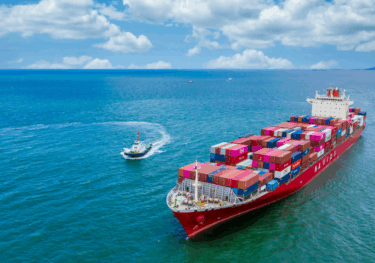Spirits: global economic impact study 2024

On behalf of the World Spirits Alliance (WSA), and in collaboration with the IWSR, Oxford Economics undertook the first ever truly global economic impact assessment of the production and sale of spirits across 185 economies in 2022.
Producing and selling spirits involve a wide range of economic activities and organisations, including distillers, distributors, supermarkets, bars, restaurants, hotels, and other venues enabling final consumers to buy and consume spirits. Global sales of spirits were worth $650 billion (excluding VAT) in 2022.
The study took a comprehensive approach, capturing the economic activity of producers and sellers of spirits, and the further impact stimulated by their supply-chain spending and the wage-funded spending of their employees and those of their suppliers. We tracked economic activity within countries and across their borders with Oxford Economics’ Global Sustainability Model.
The study found that the production and sale of spirits supported $730 billion in GVA contributions to global GDP, or 1 in every $140 of global GDP in 2022. Furthermore, this economic activity is estimated to have stimulated 36 million jobs and $390 billion in tax revenue for governments across the world.
The experts behind the research
Our Economic Consulting team are world leaders in quantitative economic analysis, working with clients around the globe and across sectors to build models, forecast markets and evaluate interventions using state-of-the art techniques. Lead consultants on this project were:

Francesca Biagini
Lead Economist

Ian Saxon
Associate Director
Tags:
Recent related reports

How to address skills mismatch for better productivity
Explore the challenges of labour productivity in Australia. Understand how skills mismatch affects economic growth and what can be done to improve outcomes.
Find Out More
Beyond Compliance: Closing the Scope 3 Data Gap in Australia’s Food and Grocery Sector
Australia’s climate conversation is shifting. With a more ambitious 2035 target on the horizon, the focus is moving from whether companies should act on emissions to how quickly and strategically they can do it.
Find Out More
Airbnb’s Economic Contribution to APAC in 2024: GDP, Jobs, and Regional Impact
Airbnb's platform connects hosts across Asia Pacific (APAC) with travellers from around the world. Oxford Economics was commissioned by Airbnb to quantify its economic footprint in 10 APAC markets in 2024.
Find Out More
The Future of Trade: Tariffs, Taxes, and Economic Trends
Amid ongoing global trade uncertainty, business leaders are struggling to plan ahead as new tariffs continue to reshape the market. Even so-called “locked-in” tariffs are proving to be temporary, adding to the unpredictability. Firms are cautious, waiting for clarity before committing to major investments. As global trade volumes decline, the importance of understanding every relevant trade tariff and accurately applying the correct HS code to imported goods becomes even more critical for managing costs and compliance.
Find Out More